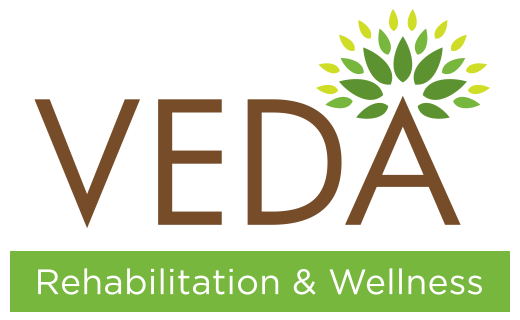Alcohol consumption has been deeply ingrained in India’s cultural fabric for centuries. However, the rising trend of excessive and harmful drinking has become a significant public health concern, particularly due to its association with liver diseases. The increasing prevalence of alcohol-related liver disease (ALD) has emerged as a serious issue, necessitating attention, awareness, and comprehensive preventive measures.
India is witnessing a surge in alcohol consumption, fueled by factors such as urbanization, changing lifestyles, increased disposable income and addiction. This shift is accompanied by a concerning rise in alcohol-related health issues, with liver disease at the forefront. ALD encompasses a spectrum of disorders, including fatty liver, alcoholic hepatitis, and cirrhosis, all of which can have severe implications for an individual’s health.
Several factors contribute to the escalating rates of ALD in India. The cultural acceptance of alcohol, coupled with inadequate regulations and restrictions, has led to a surge in alcohol availability and accessibility. Additionally, the lack of awareness regarding the health risks associated with excessive alcohol consumption further exacerbates the problem. Social and economic factors also play a role, with stressors and lifestyle changes along with mental health issues contributing to an increased reliance on alcohol.
The liver plays a crucial role in metabolizing alcohol. Chronic and excessive alcohol consumption overwhelms the liver’s capacity to process it, leading to inflammation, liver cell damage, and the accumulation of fat in the liver. Over time, this can progress to more severe conditions such as alcoholic hepatitis and cirrhosis, both of which significantly compromise liver function.
The growing burden of ALD places immense pressure on India’s healthcare system. Hospitals are witnessing a surge in patients with advanced liver disease, often requiring extensive medical interventions, including liver transplants. This places a substantial economic burden on both individuals and the healthcare infrastructure.
Stricter regulations on alcohol sales, advertising, and pricing are essential to curb the rising tide of alcohol-related health issues. Implementing policies such as increased taxes on alcoholic beverages and restricted hours of sale can contribute to reduced alcohol consumption. Additionally, enforcing strict penalties for driving under the influence can deter individuals from engaging in risky drinking behaviors.
In order to deal with this issue, healthcare services for those struggling with alcohol dependence is vital such as:
Addiction treatment programs:
A successful addiction treatment program recognizes the uniqueness of each individual’s journey, providing comprehensive support to address the physical, psychological, and social aspects of alcohol dependence. Regular assessments and adjustments ensure the program remains responsive to the individual’s evolving needs during their recovery journey.Counseling services:
Counseling services play a pivotal role in addressing alcohol dependence, offering individuals a supportive and therapeutic environment to explore the underlying factors contributing to their alcohol use and develop coping strategies for lasting recovery.Support groups/ Group Therapy:
Group counseling offers a unique dynamic by connecting individuals who share similar struggles. Participants can share experiences, exchange coping strategies, and provide mutual support, fostering a sense of community and reducing feelings of isolation.Family counseling:
is crucial, addressing the impact of alcohol dependence on familial relationships. Involving loved ones in the therapeutic process helps build a supportive network, fostering understanding, communication, and empathy.Integrating alcohol-related health:
screenings into routine medical check-ups can facilitate early detection and intervention, preventing the progression of liver disease.
Alcohol-related liver disease is a burgeoning public health concern in India, demanding urgent attention and concerted efforts. It is possible to mitigate the impact of excessive alcohol consumption on liver health by enrolling in addiction treatment programs and counselling services that can address the psychological and interpersonal aspects of addiction and support individuals on their path to sustained recovery.

